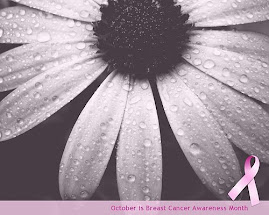Following the research I have done for my community analysis essay, a variety of questions, thoughts and curiosities arose, all of which I believe I can find more information about thru extensive library-research in academic articles and books.
1. Is it beneficial for a child to find his/her birth parents?
The most controversial question regarding the adoption process is whether a child should search for his biological parents.
“Since my parents died I have been feeling rootless and lonely; I have nowhere to turn to. I do not belong. My parents had no relatives and they relied too much on each other… something I feel is missing from my life. I must now know about my blood relations and fine my birthmother… I wouldn’t perhaps feel like this if my parents were alive, but this has become very important for me now, too important to stop.” –Male adoptee.
A child must know that the circumstances of his birth do not reflect on the basic worth of either his biological parents or himself. Adoptees fantasize about birth parents. They fantasize about who they are, where they are, how they look, what kind of family and work life they have, and why they gave them up. Adoptees searching for their biological parents may experience a rollercoaster of emotion; is this risk worth taking?
2. How easy is it to say goodbye to a baby?
Not all birthparents are in the same situation. Most tend to make the generalization that all birthparents are unmarried teenagers. This is not always the case. Placing a child for adoption is a loss along with a long-term impact in birthparents’ lives. The grief that birthparents feel is generally not recognized by those around them, most often because of a mistaken belief that the loss is voluntary and therefore insignificant in that the birthparents choose the adoption route. However, it is not an easy task for birthparents to come out of the closet and share their secret. The secrecy and shame of many years make it difficult to find the confidence to accept this and hold the secret in for years.
There is no time frame for experiencing phases of grief that a birthparent may feel. Individuals differ; events in life can either trigger or inhibit them.
3. How the adoption revolution is transforming America: Society’s view of adoption.
Adoption was at once, a process masked in shame. It is rapidly metamorphosing into a radically new process that is both sweeping the nation and changing it. Prior to Roe versus Wade you couldn’t be an unwed mother. Motherhood was synonymous with marriage. A single woman who became pregnant was shunned by family and friends, evicted from school and sent away to maternity homes to have their children alone. They were told that surrendering their children was by far the best solution, and that doing so would allow them to simply move on and forget.
Adoption affects almost all our lives, whether we realize it or not. But negative stereotypes still remain.
Subscribe to:
Post Comments (Atom)


No comments:
Post a Comment